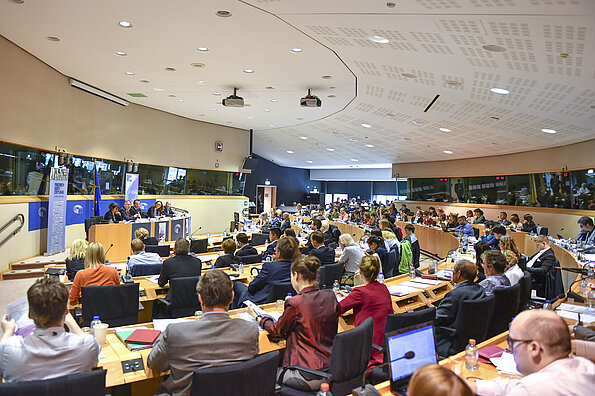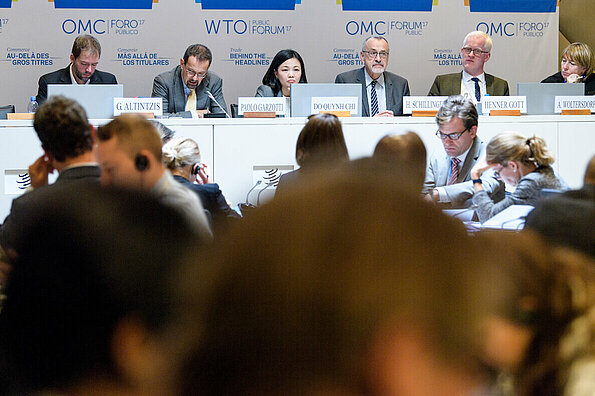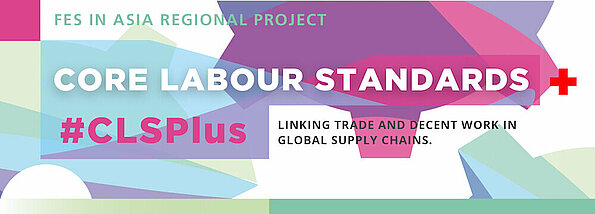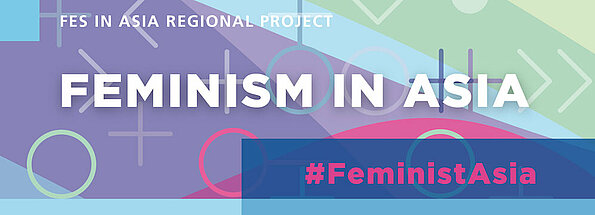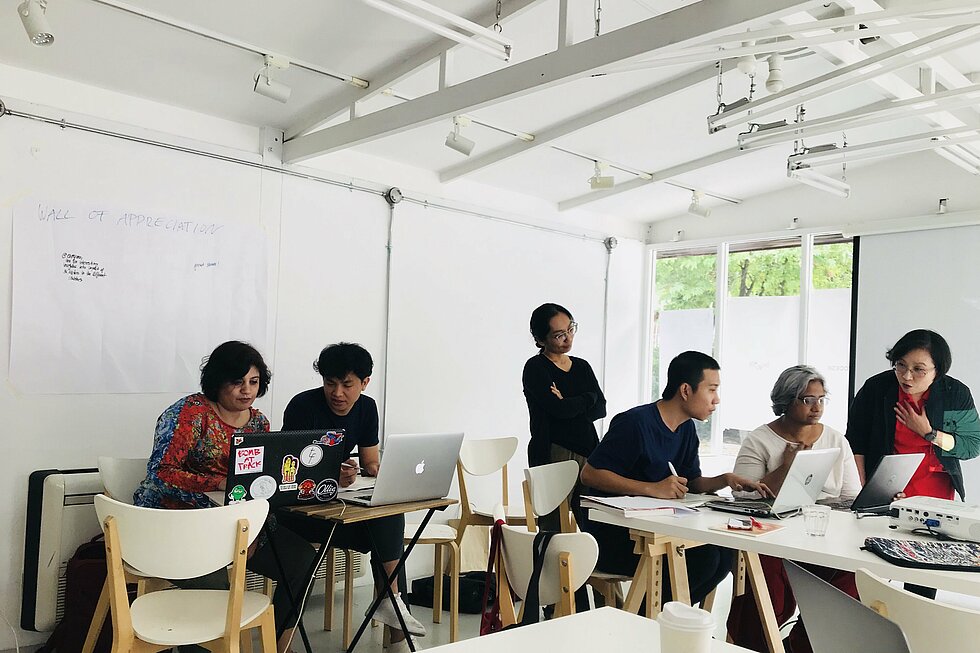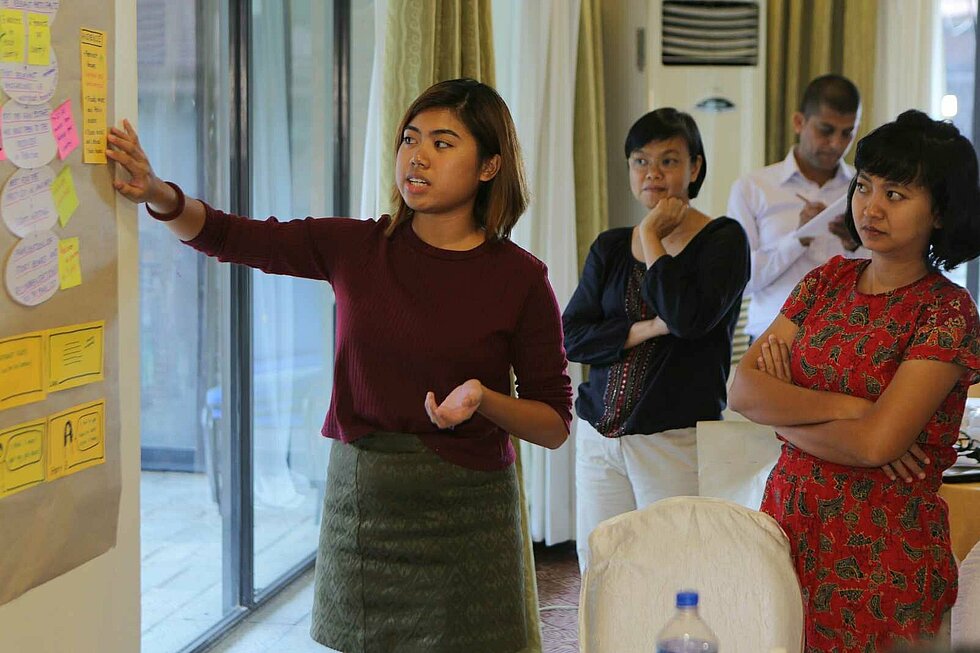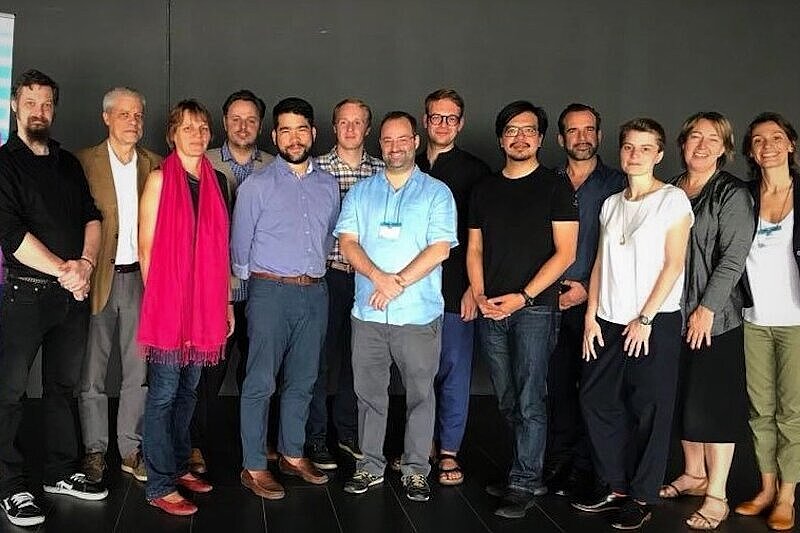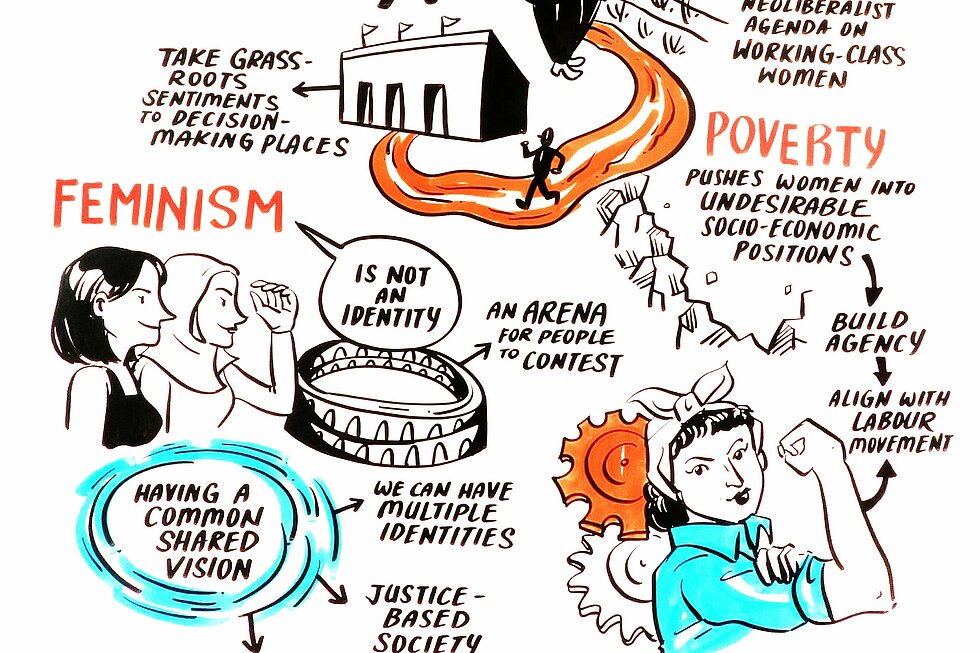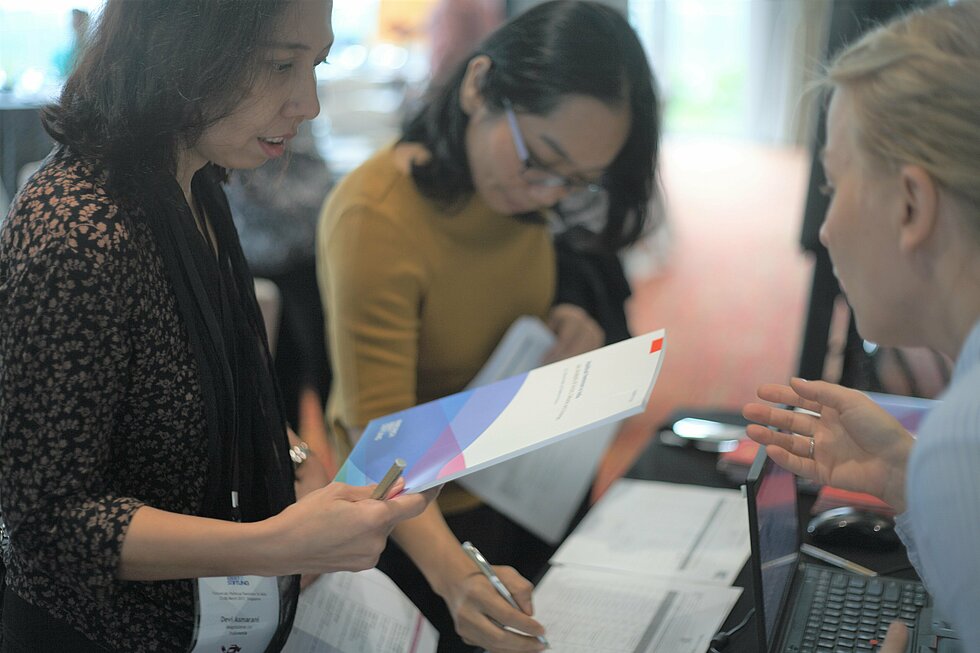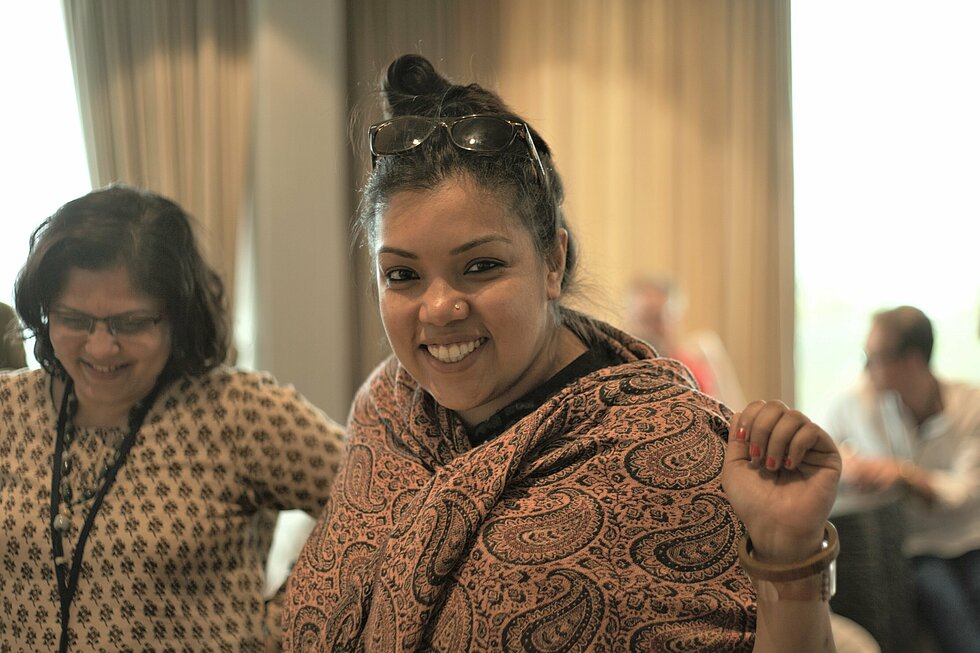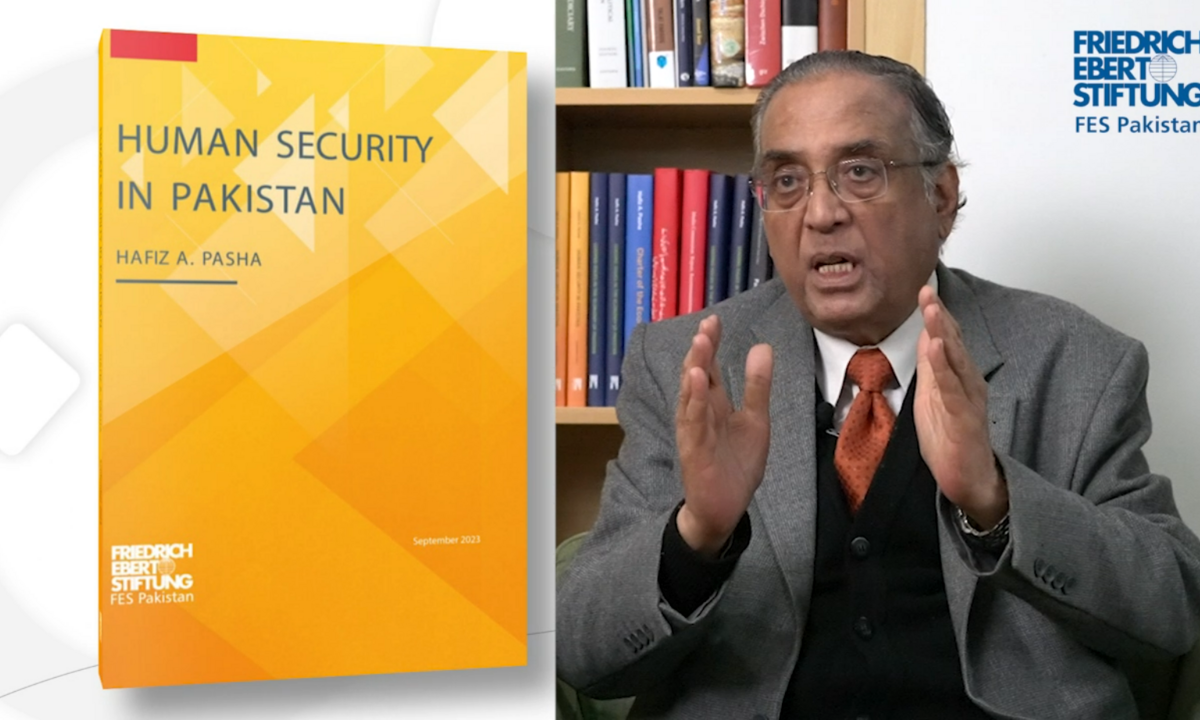FES Singapore: a focal point for social democracy in South-East Asia
“The Singapore office tries to distil regional patterns from the work at national level,” said Adrienne Woltersdorf, Director, Office for Regional Cooperation in Asia of the Friedrich-Ebert-Stiftung (FES). “This makes us better able to conduct advocacy for the region vis-à-vis the German government, as well as the Brussels institutions.”
A key area of the office’s work is on trade, notably on Core Labour Standards Plus (CLS+), an FES campaign launched in 2016 to promote and develop binding labour standards in trade and global value chains.
“It is our job to distil a clear, actionable message back to Brussels and other Western institutions driving trade negotiations,” Woltersdorf said. “That message is: ‘Your assumption that trade benefits everyone is just not working, and we can show you where and how’.”
The Singapore office has also initiated work on a regional feminist network, working with grass-roots organizations in seven countries across South-East and South Asia (link to story). This initiative is facing a range of challenges. The feminist groups in the region have not really adopted an aligned position on many aspects, and there is little focus as yet on questioning the neoliberal structure of the region’s economies as part of the gender struggle.
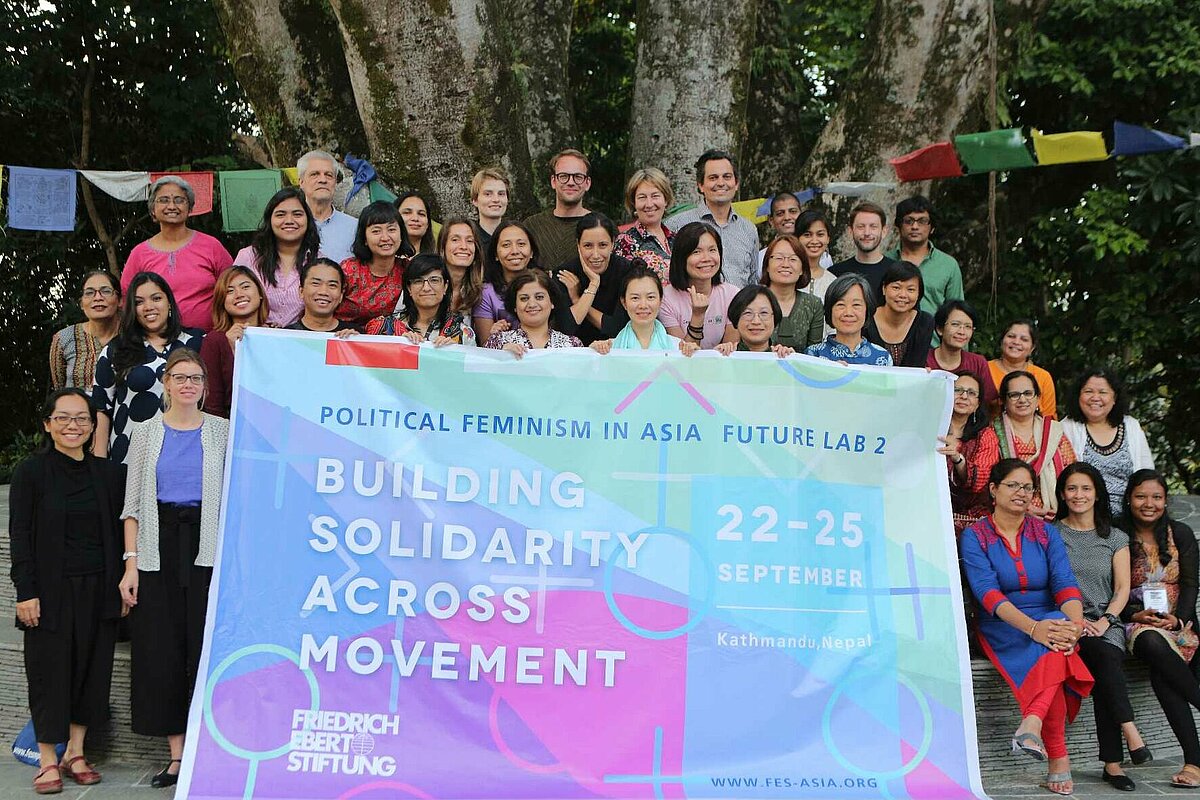
In several countries in the region, the natural partners for FES—the political parties supporting social democracy—are not in government or even opposition, or have even faded from the political landscape altogether, Woltersdorf explained.
“Where does that leave FES? If we have fewer formal political parties to partner with, we still have a vigorous network of civil society, individuals and small groups,” she said. In some specific cases, political turnarounds have put FES allies back on the political map, she said.
FES supports an upgrade of labour rights because countries need to invest in their workers if they want to be part of the digitalized economies of the 21st Century.
This also applies to the Chinese initiative to reinvigorate the historical Silk Road to the West. “The Silk Road has two ends, not only the one in China,” Woltersdorf pointed out. “We see it as also the responsibility of Europe to ask questions and find answers to the upcoming opportunities and challenges."
Read the photo report "Riding the Silk Road – Discord and cooperation along the maritime route"
“Europe, China and the rest of Europe need to think about connectivity, cooperation and common standards, for example on labour standards and cyber security.” In this respect, Woltersdorf said, the FES Singapore office sees itself as “a facilitator, a forum or a hub”, to bring together the two constituencies of Europe and Asia, to develop ideas to tackle these issues.
###
For more information on the regional work by FES in Asia and the FES Office for Regional Cooperation in Asia, contact the staff and follow the official Facebook fan page for daily updates.
FES Asia
Bringing together the work of our offices in the region, we provide you with the latest news on current debates, insightful research and innovative visual outputs on the future of work, geopolitics, gender justice, and social-ecological transformation.




